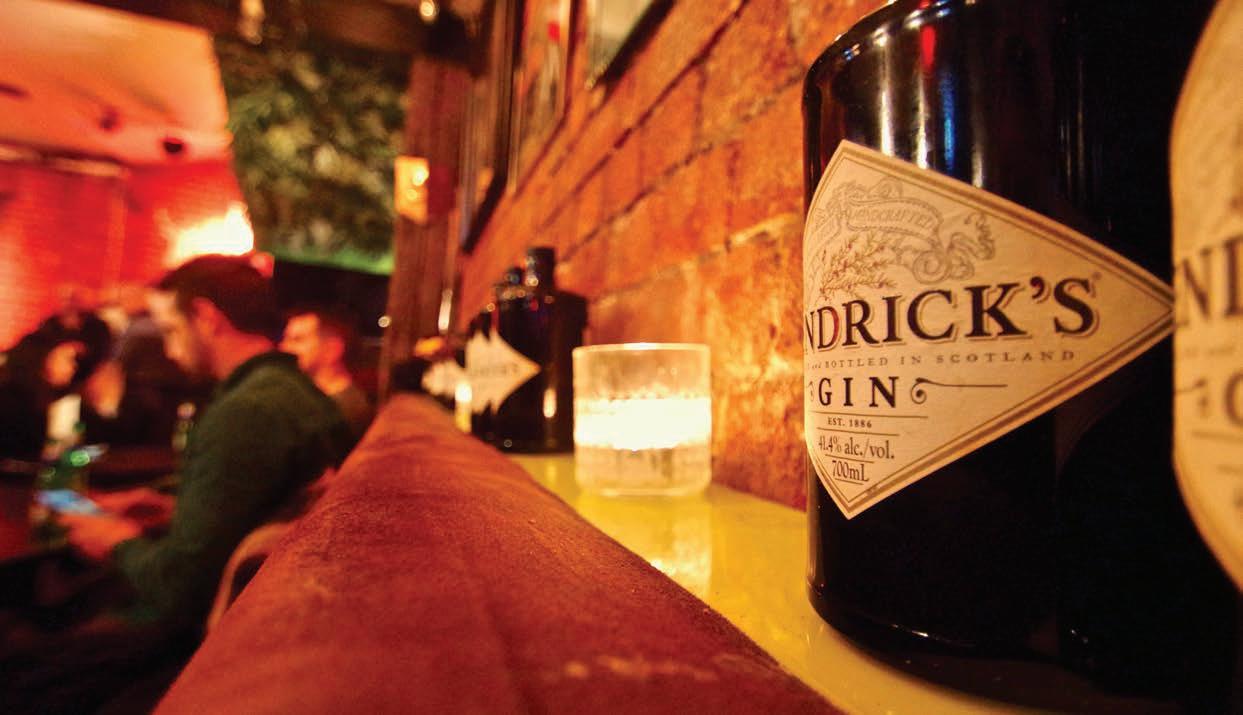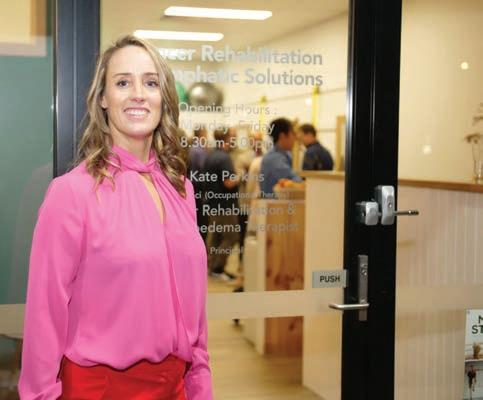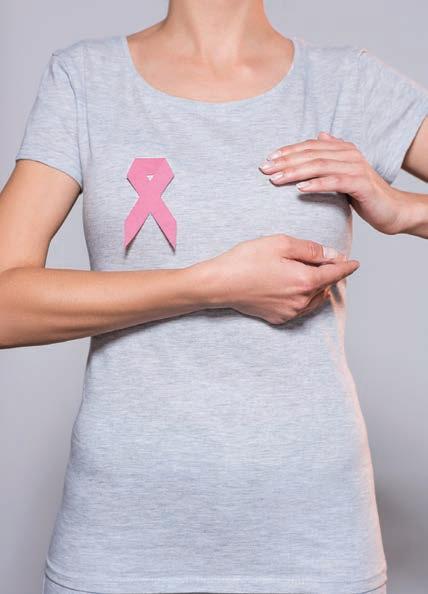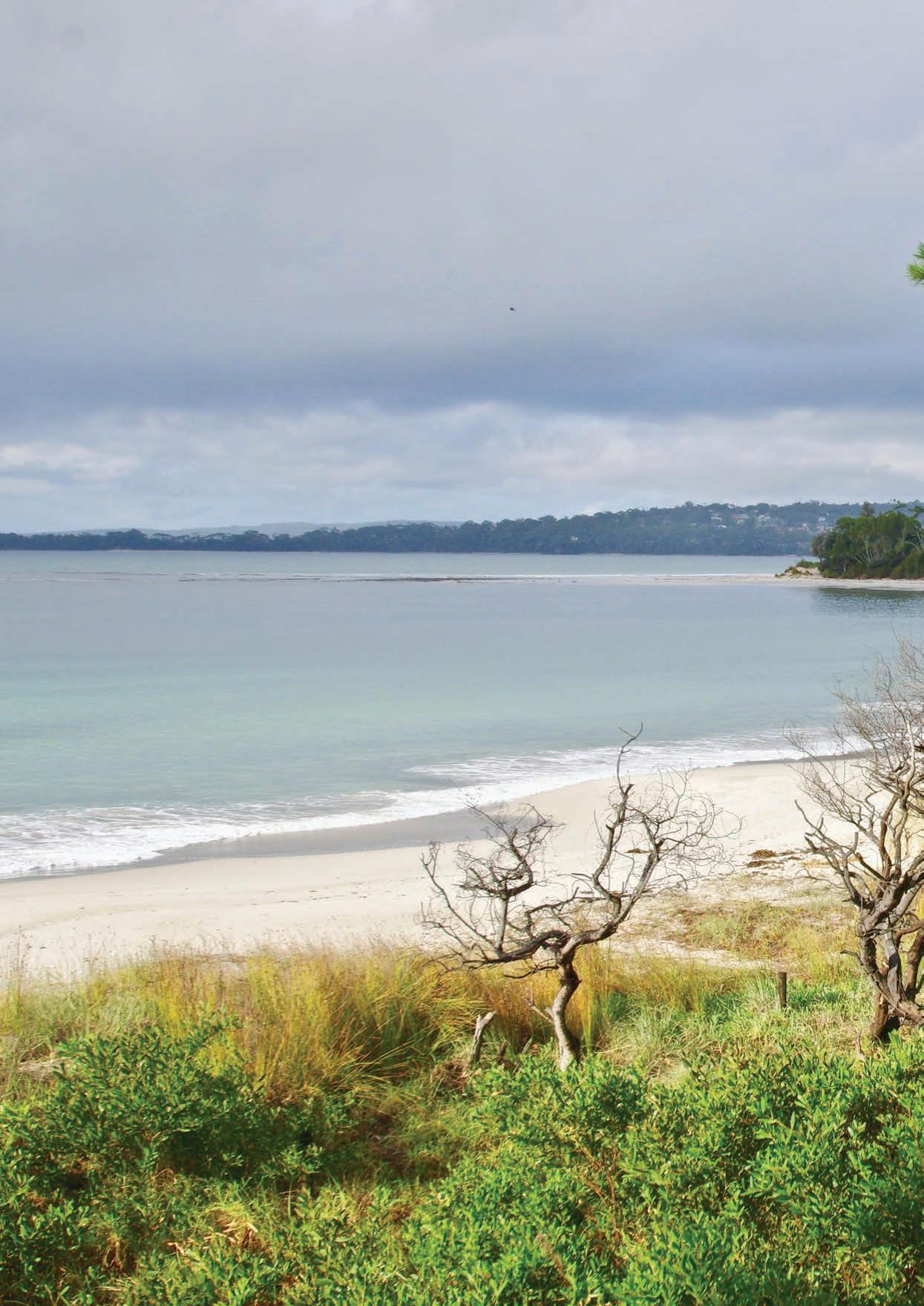
4 minute read
Diverticular disease Natural Treatment
BY DIANA ARUNDELL – NATUROPATHIC PRACTITIONER
Diverticular disease is a common gastrointestinal disease affecting approximately one third of the Australian population over the age of 45 years and two thirds of those in their 80s. Diverticulosis is where small pockets (5-10mm) form in the large bowel wall and although some people have no symptoms, others are significantly troubled by food or faecal matter getting caught in the pockets and creating inflammation which is referred to as diverticulitis. Diverticulitis most commonly occurs in the descending part of the large intestine, so an acute episode may feel like severe abdominal cramping and pain in the lower left abdominal area. These painful episodes may be accompanied by nausea and fever if infection is present. If perforation of the bowel wall is a concern, immediate medical attention is necessary.
People who have a low fibre diet such as high meat intake and low fruit/ vegetable intake, who experience a slower moving bowel or constipation are more likely to develop diverticulitis. People taking non-steroidal anti inflammatory drugs (nurofen, voltaren, naprogesic, celebrex) are also at greater risk of developing diverticular disease as these medications can increase permeability of the gut lining. Other things that may contribute to increased risk of developing diverticular disease include chronic low grade inflammation in the bowel, dysbiosis (imbalance of unhealthy gut bacteria) and reduced intestinal wall strength. So on the contrary, those who have a high fibre diet eg. vegetarian diet, a more consistently faster moving bowel as well as good gut flora and gut wall integrity, are less likely to develop diverticulosis or at least, have less inflammatory occurrences and complications.
A recent study by the American gastroenterology association has concluded that nuts and seeds prevent the development of diverticulosis and do not significantly increase incidence of diverticulitis. They also concluded that the other health benefits of eating nuts and seeds such as reducing cardiovascular disease and diabetes mellitus should be considered to outweigh smaller risks.
Diverticular disease can be diagnosed during a colonoscopy which can ascertain the number and size of diverticular pockets or via a CT scan. Once it has been established that diverticular pockets are present, a medical practitioner can often recognise the signs and symptoms of a diverticulitis episode. If infection is suspected, antibiotics may be prescribed along side a simple, soothing eating program for a couple of days. Some recent studies are showing that in simple, non-complicated diverticulitis, antibiotics may not be required and the flare up can be treated successfully with nutritional and lifestyle advice.
As always, prevention is way easier to treat than cure so a visit to a qualified naturopath or nutritionist can lead to better diet and lifestyle choices to improve gastrointestinal heath and reduce the incidence of chronic disease. Acute treatment
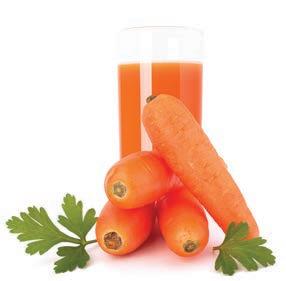
of any condition should lead onto a longer term treatment plan to prevent recurrence and improve health and wellness. A naturopathic approach to treating diverticular disease will include both acute and long term diet and lifestyle advice.
In acute diverticulitis episodes easily digestible, gut healing liquids are often prescribed to reduce inflammation and heal the gut lining. This may include broths, and vegetable juices including carrot and cabbage which are high gut healing, anti inflammatory compounds such as vitamin A, beta carotene, vitamin C and antioxidants. Garlic is also useful as an anti microbial agent. Herbal teas containing chamomile, peppermint, and fennel can also be soothing to gastrointestinal irritation. Aloe vera and slippery elm can also be taken to soothe an inflamed gut. Other anti inflammatory and antimicrobial herbs may also be prescribed in an acute situation. Improving overall gut integrity and reducing
inflammation is part of the longer term, preventative treatment plan for diverticular disease. Naturopathic treatment may include further functional medicine testing such as comprehensive digestive stool analysis to ascertain micro-biome balance as well as looking at other gastrointestinal inflammatory markers. Food sensitivities may also be looked at to reduce exposure to substances that may be irritating the gut lining. Formulas including glutamine, collagen and probiotics may also be prescribed to improve gut lining integrity and reduce inflammation.
Eating a diet high in vegetables and fruit, and low glycaemic index grains such as oats or brown rice can increase stool bulk and transition time which reduces constipation and therefore irritation to the gut wall. Adding psyllium husks, prunes, chia seeds and flax meal to morning oats or muesli can also be effective in reducing constipation. Regular exercise and adequate water intake are also important and in-expensive ways to reduce constipation.
As with any health condition, stress levels need to be assessed and addressed. Even if you have the most perfect diet, if your stress levels are consistently high, this will affect your health and your gut health in particular. Dealing with

unresolved emotions, regular meditation, yoga or tai chi can significantly improve a sense of wellbeing that inevitably will flow through to improving health physically and mentally.
Diana Arundell is a university-qualified naturopath and consults from her Avoca Naturopath clinic. She has a special interest in fertility and pregnancy health, digestive health, immune function and family wellness programs. She was a nutrition lecturer at Macquarie University for 10 years, and is an accredited Journey Practitioner. For further information please contact Diana Arundell at Avoca Naturopath on 0410 465 900.
Archies Christmas Luncheon
25 DECEMBER • TICKETS $90 • ARCHIE’S BRASSERIE
C E N T R A L C O A S T L E A G U E S C L U B 1 Dane Dri ve | ww w.cclc.com. a u
Enjoy a sumptuous 3 course menu that offers a twist on traditional Christmas flavours, before finishing off on a sweet note with a moreish plum pudding
Bookings at Reception or cclc.com.au
CENTRAL COAST LEAGUES CLUB Dane Drive Gosford 4325 9888 • www.cclc.com.au

